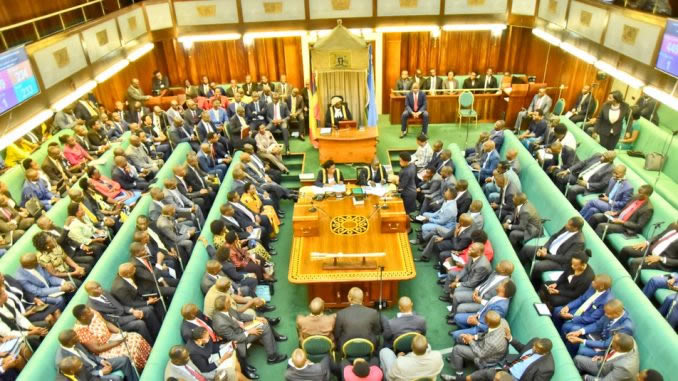Parliament has finally passed the long-awaited bill with the major aim of regulating the relationship of landlords and tenants.
According to the description of the bill, it aims at reforming and consolidating the law relating to the letting of premises, to provide for the responsibilities of landlords and tenants in relation to the letting of premises, and for related matters.
Defects in the existing law
In support of the new bill, the Members of Parliament insisted that there was no comprehensive law regulating the relationship of landlord and tenant. The MPs resolved that there have been lack of proper regulation of the landlord-tenant relationship and hence disharmony among the key players and disruption in the industry.
Some of the major issues that the bill aimed to resolve include the amount charged by tenants for their premises, period of payment, terms of payment, the currency used to pay. Others included the privacy of the tenants, the handling of landlord’s property by the tenant, among others.
Remedies proposed in the Bill
The Bill aims at introducing a comprehensive and modern legal framework to enable the relationship of landlord-tenant develop in an orderly manner.
What are the provisions of the Bill?
The landlord and tenants Bill is comprised of up to ten parts. They include preliminary, tenancy agreement, terms and conditions in tenancy, liability for utility charges, duties and obligations of landlords and tenants, rent and security deposit, assignment of tenancy and subleasing premises, termination of tenancy, vacation of premises, eviction and related matters and finally the Bill addresses the general matters that may arise in the landlord-tenant relationship.
Under the application of the bill, it clearly states that the Act applies to the letting of residential and business premises though the Minister may, by statutory instrument, exempt particular premises from the operation of the Act.
The Act does not apply to residence in the categories of institution whether public or private where the residence may be based to incidents like detention, provision of services like medical, religious, educational, recreational and similar services.
The other excluded categories include residence in hotel, motel, or other transient lodging and in cases of occupancy of premises under tenancy arising under terms of a contract of employment and related contracts.
The Bill interprets that a tenancy agreement may be made in writing, or by word of mouth, or partly in writing and partly by word of mouth, or in the form of a data message, or may be implied from the conduct of the parties.
The Bill explains that where a tenancy agreement is not writing, the landlord shall keep a record concerning the particulars of the parties to the tenancy, premises comprised in the tenancy, in the case of non-citizen, of the details of the immigration status of the non-citizen and the details of the rent payable and the manner of payment.
The landlord is supposed to give a copy of the details tenancy to the tenant within fourteen days after the tenant has taken up vacant possession of the premises.
The Bill prohibits the landlord from entering into a tenancy agreement with any individual unless he/she has a national identification card or alien’s identification card. In case of a legal person, there should be provision of details of registration or other form of incorporation.
Part of four of the Bill states that tenancy agreement of twenty five currency points or more must be in writing.












